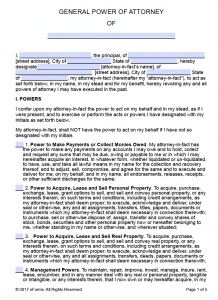
Durable ($) Power of Attorney – To grant power to bank accounts, real estate, and any other financial-related acts. The powers are durable which means the form remains valid even if the principal should become mentally incompetent.

General ($) Power of Attorney – Grants identical financial powers as the durable version. Although, the general power of attorney is no longer valid if the principal becomes mentally incompetent.
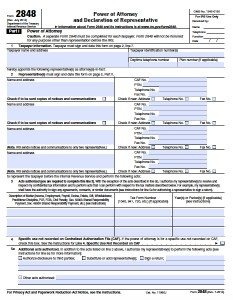
IRS Power of Attorney (Form 2848) – To hire or allow someone else to file federal taxes to the Internal Revenue Service on your behalf.
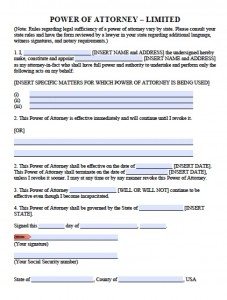
Limited Power of Attorney – For any non-medical power. This is common for one-time instances such as picking up mail, borrowing a vehicle, or staying at someone else’s home.
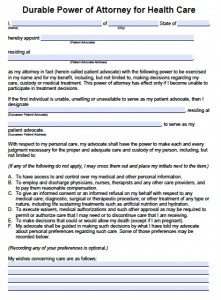
Medical Power of Attorney – Referred to as an “Advance Directive,” which allows someone to act as a health care surrogate and make decisions based on the patient’s wishes.
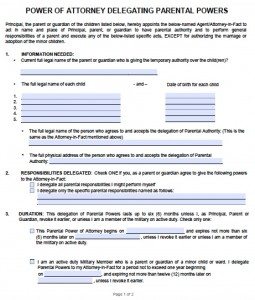
Parental (Minor) Power of Attorney – To give health and educational powers to someone else over the caretaking of one’s child.
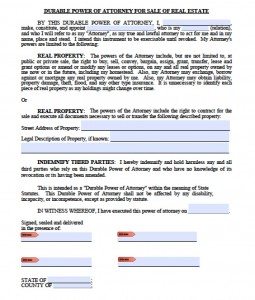
Real Estate Power of Attorney – For the buying, selling, renting, or occupying someone else’s property.
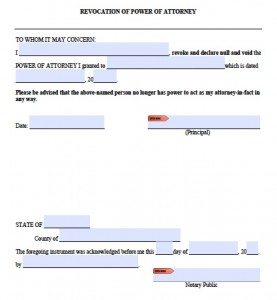
Revocation Power of Attorney – To cancel or void a power of attorney document.
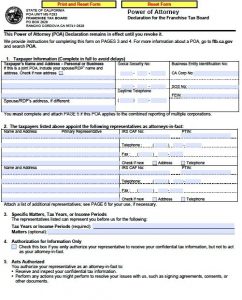
State Tax Power of Attorney – Just like IRS Power of Attorney except for State Tax purposes. Elect someone else to handle the filing of personal and corporate tax records to the State’s Dept. of Revenue.
An individual may get power of attorney for any type in five (5) easy steps:

Select and ask someone that you trust if they would like to be your “Agent” or “Attorney-in-Fact”. Especially for a durable power of attorney, the agent selected should be someone you have trusted most of your life.

Choose from one of the following nine (9) types:
*Incapacitation is defined as not being able to make rational and cognitive decisions knowing full-well of the consequences of such decided actions.

After completing, you and the Agent(s) selected will need to check the bottom of the form for the requirements for authorization. In most cases, a Notary Public will need to be used or Two (2) Witnesses.